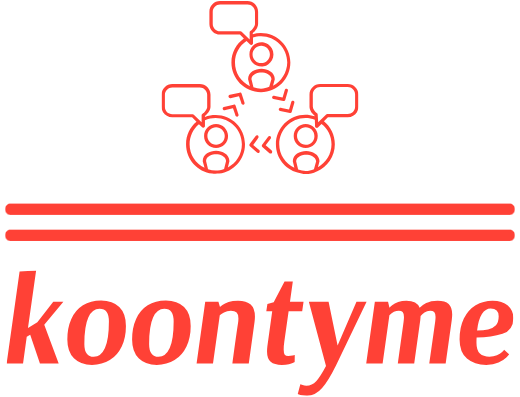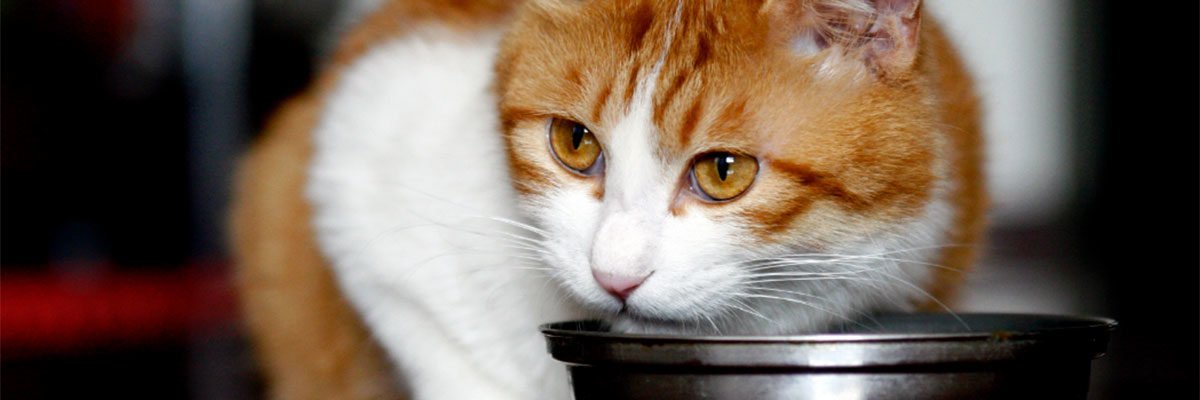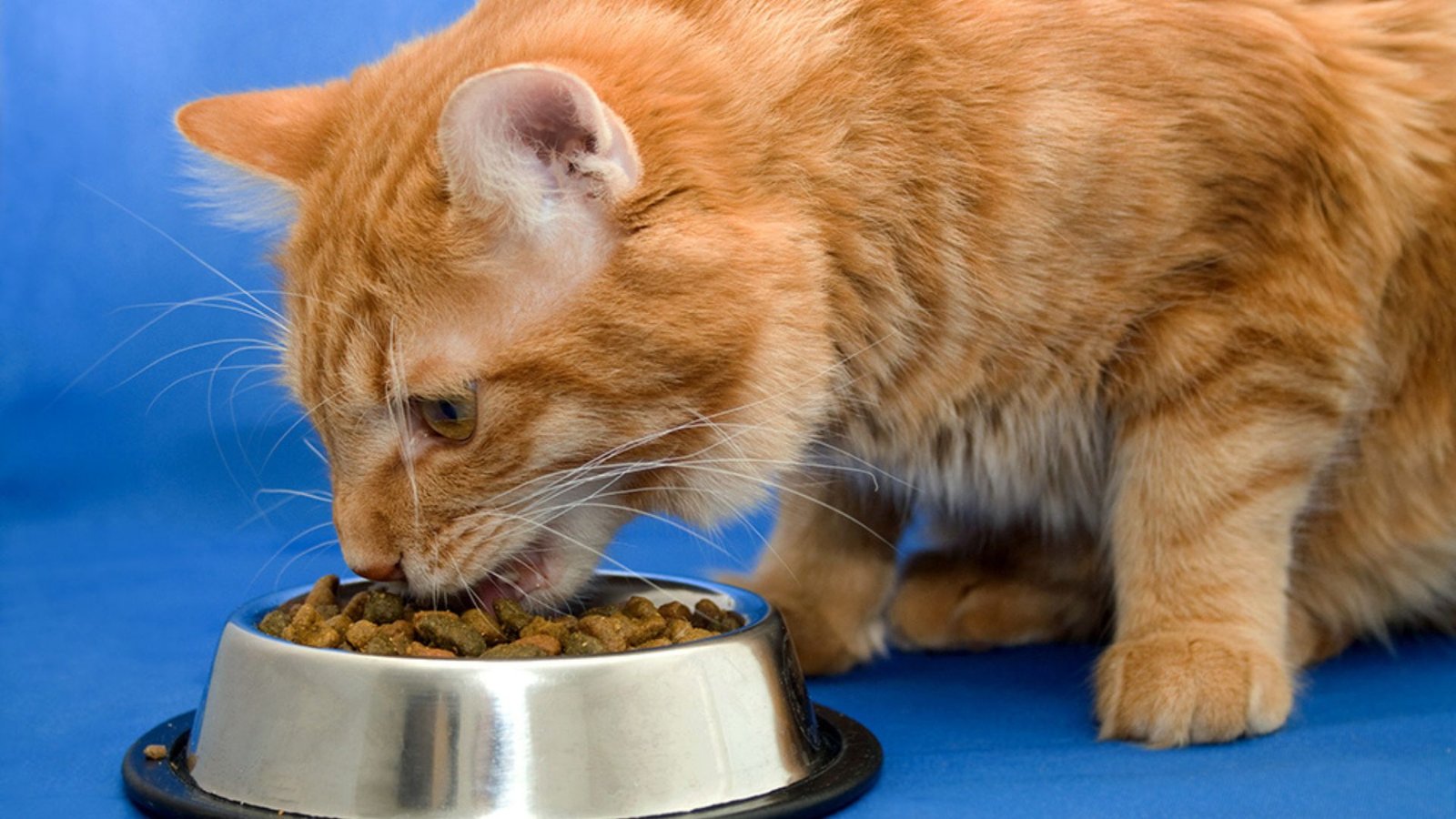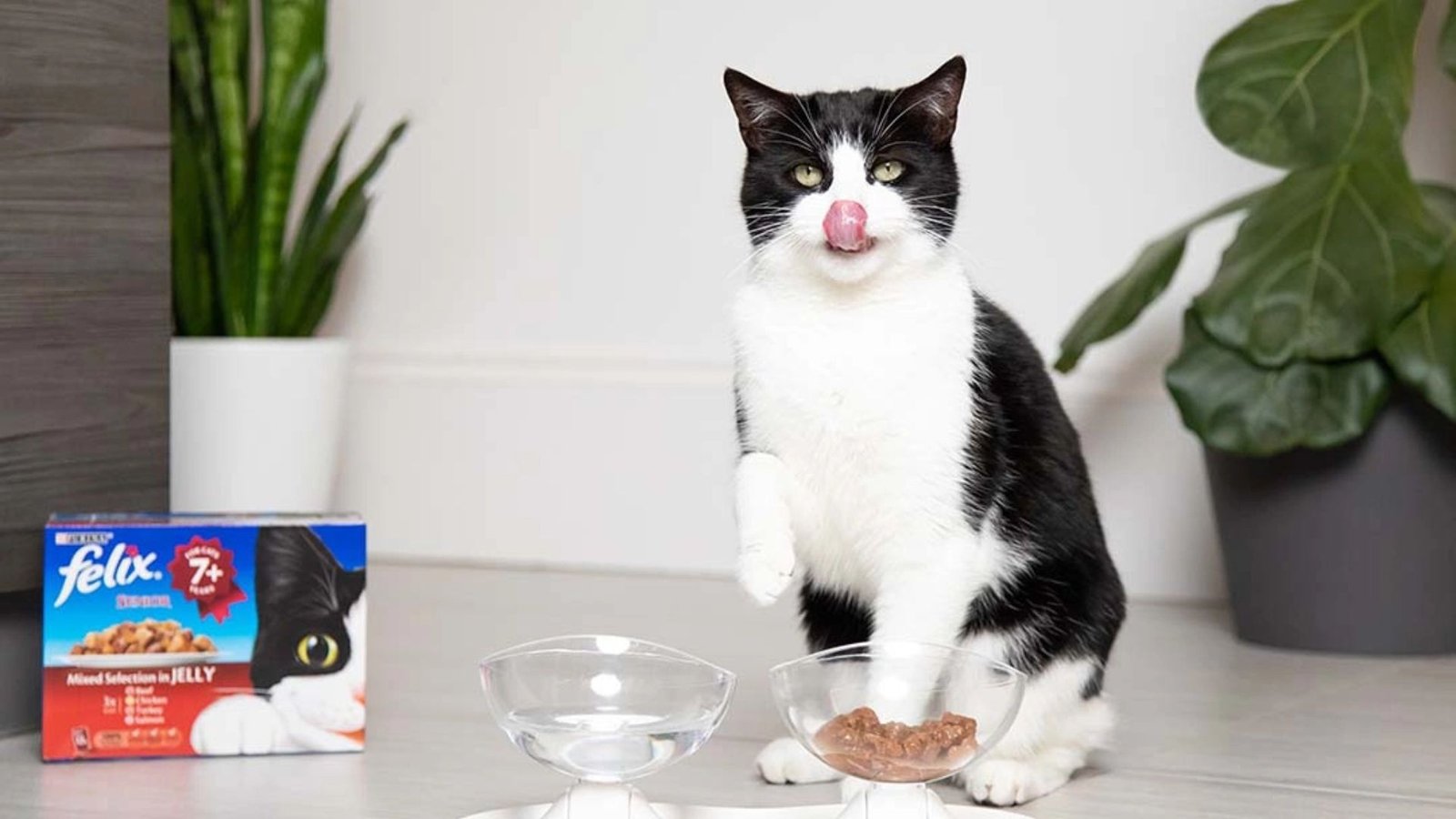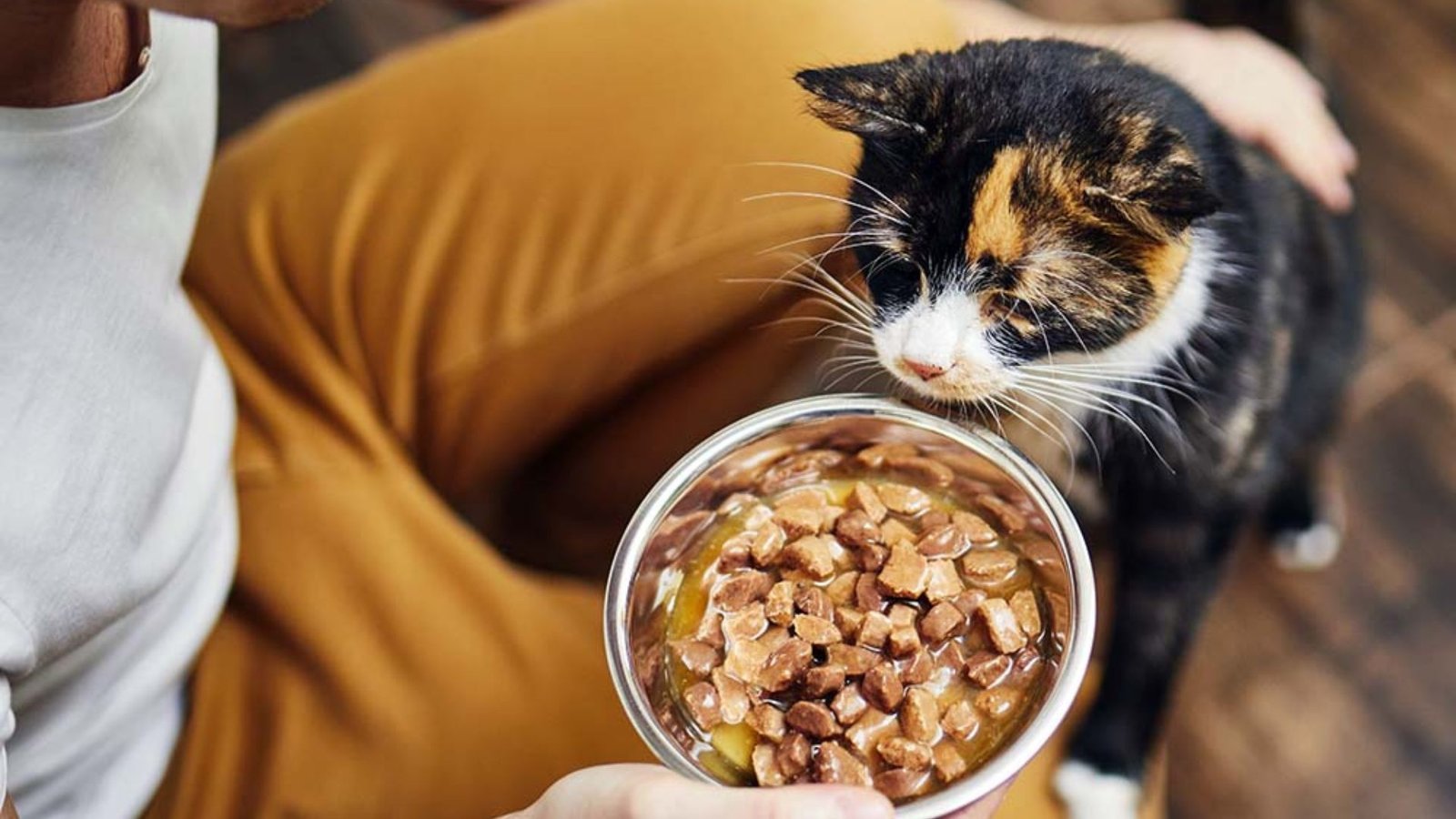In recent years, grain-free cat food has gained popularity among pet owners, sparking debate about whether it’s a trend or a necessary dietary change for cats. Grain-free diets are marketed as being more natural and beneficial for cats, but do they really live up to the hype? In this post, we’ll explore the pros and cons of grain-free cat food, its nutritional implications, and whether it’s right for your feline friend.
1. What Is Grain-Free Cat Food?
Grain-free cat food, as the name suggests, is a diet that excludes common grains like wheat, corn, soy, and rice. Instead, these foods use alternative carbohydrate sources such as sweet potatoes, peas, lentils, and potatoes. The primary focus of grain-free diets for cats is to provide protein and fat from animal sources, which aligns more closely with a cat’s natural carnivorous diet.
2. The Rise of Grain-Free Cat Food: Trend or Necessity?
1. The Appeal of Grain-Free Diets
Grain-free diets have become a popular trend in the pet food industry, partly due to the growing awareness of pet food ingredients and the desire for more “natural” options. The appeal comes from the idea that cats, as obligate carnivores, don’t need carbohydrates, and grains are unnecessary fillers that could cause allergies or digestive issues.
Many pet owners are drawn to grain-free options, believing they are offering a more biologically appropriate diet for their cats. Moreover, grain-free foods are often marketed as having better quality ingredients, higher protein content, and fewer potential allergens.
2. Are Grains Harmful to Cats?
Contrary to the marketing claims, grains are not inherently harmful to cats. In fact, many reputable commercial cat foods that contain grains are well-balanced and nutritionally complete. While some cats may have specific sensitivities or allergies to certain grains, these cases are relatively rare. For the majority of cats, grains are not problematic and can be a good source of fiber and energy.
3. The Benefits of Grain-Free Cat Food
Although grains may not be harmful to most cats, there are potential benefits to a grain-free diet, especially for those with specific health issues:
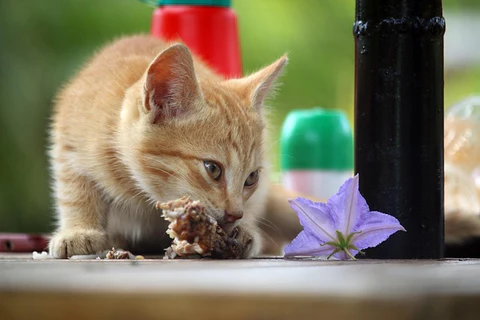
1. Allergies and Sensitivities
Some cats suffer from food allergies or sensitivities, and grains like wheat or corn can be a common trigger. If a cat has a diagnosed food allergy, switching to a grain-free diet with novel proteins and carbohydrates may alleviate symptoms like itching, gastrointestinal issues, and skin problems.
2. Weight Management
Grain-free cat food is often lower in carbohydrates and higher in protein, which can be beneficial for weight management. Cats require a high-protein, low-carb diet to maintain lean muscle mass and a healthy weight. For cats with weight management issues, grain-free food might help curb overeating while promoting a healthy body composition.
3. Improved Digestion
Grain-free cat food often includes higher-quality protein sources and limited ingredients, which can lead to better digestion, especially in cats with sensitive stomachs. The focus on meat and vegetables rather than grains may reduce the risk of gastrointestinal upset, leading to firmer stools and better overall gut health.
4. Potential Drawbacks of Grain-Free Cat Food
While grain-free food can offer benefits, it’s not necessarily the best choice for every cat. Here are some potential drawbacks to consider:
1. Cost
Grain-free cat foods are often more expensive than standard cat foods due to the higher quality ingredients and more premium meat sources. If you’re on a budget, the cost of grain-free food can be a significant factor in your decision-making.
2. Not Always Healthier
Just because a food is labeled “grain-free” doesn’t automatically mean it’s healthier for your cat. Many grain-free formulas are higher in calories or fat, and they may contain other potentially undesirable ingredients, like potatoes or peas. Not all grain-free options are nutritionally balanced or appropriate for every cat’s needs.
3. Potential Health Risks (Dilated Cardiomyopathy)
Recent studies have raised concerns about a potential link between grain-free diets and dilated cardiomyopathy (DCM), a heart condition in cats. Some grain-free diets, particularly those high in legumes like lentils or peas, have been associated with an increased risk of DCM. While the exact cause of the condition is still being investigated, if your cat has a breed predisposition for heart disease, you should consult your vet before switching to a grain-free diet.
5. When Should You Consider Grain-Free Cat Food?
Grain-free cat food can be beneficial in certain circumstances, but it’s not necessary for all cats. Here are some scenarios where grain-free food might be a good choice:
- Food allergies or sensitivities: If your cat has a confirmed food allergy or sensitivity to grains, a grain-free diet may help alleviate symptoms.
- Weight management: If your cat is overweight and needs a high-protein, low-carb diet to maintain a healthy weight, grain-free food can be a good option.
- Sensitive stomach: Cats with sensitive digestion or stomach issues may benefit from grain-free food that includes higher-quality ingredients and easier-to-digest carbohydrates.
6. Is Grain-Free Cat Food Right for Your Cat?
Ultimately, the decision to feed your cat a grain-free diet depends on their individual health needs. Before making the switch, it’s essential to consult with your veterinarian to determine if grain-free food is the best choice for your cat. Your vet can guide you toward a balanced, nutritionally complete food that meets your cat’s dietary requirements, whether or not it contains grains.
If your cat has no food allergies or sensitivities, grains are generally safe and do not need to be eliminated from their diet. Choosing a well-balanced cat food that fits your pet’s unique needs, lifestyle, and health requirements is always the best approach.
7. Conclusion
Grain-free cat food is more than just a trend—it can be a beneficial dietary choice for cats with certain health issues, such as food allergies, sensitivities, or weight management concerns. However, it’s not necessary for all cats, and grains are not inherently harmful to most felines. As with any dietary decision, the key is to tailor your cat’s food to their specific health needs. Whether you choose grain-free or a standard food, the most important factor is ensuring your cat receives a balanced, nutritious diet that supports their overall well-being.
